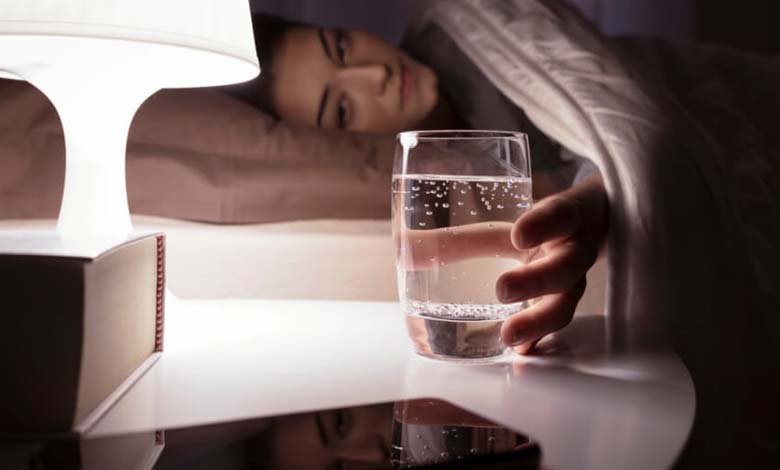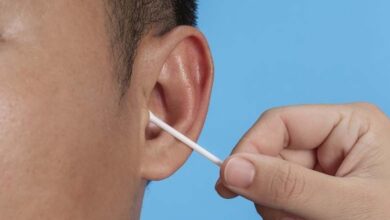Drinking Water Before Bed: Balancing Benefits and Risks

Hydration is essential for maintaining human health, and one common habit many people practice is drinking water before going to bed. This behavior sparks debate: some consider it a beneficial routine, while others worry about its potential impact on sleep quality. Understanding this issue requires a balanced examination of its advantages, drawbacks, and the individual factors that influence whether the habit is appropriate.
To begin with, drinking water before bedtime can offer several benefits. One of the most significant is maintaining adequate hydration throughout the night. During sleep, the body continues to perform vital functions such as temperature regulation, cellular repair, and toxin elimination. In some individuals, mild nighttime dehydration may cause headaches, dry mouth, or discomfort upon waking. For these people, drinking a moderate amount of water before bed may help prevent such symptoms.
Another potential benefit relates to nocturnal metabolism. Water supports digestion, nutrient transport, and hormonal processes. Proper hydration also contributes to appetite regulation, and some studies suggest that a balanced hydration level may promote better sleep quality by supporting stable physiological rhythms. However, the extent of this benefit depends on whether the individual can maintain uninterrupted sleep.
Conversely, drinking water right before sleeping can lead to notable drawbacks. The most common issue is nocturia, the need to wake up during the night to urinate. These interruptions can disturb sleep continuity, reduce time spent in deep sleep, and eventually affect daytime alertness, memory, and mood. While teenagers and young adults may sometimes recover more easily from disrupted sleep, the overall rest quality may still suffer.
Another risk affects people with pre-existing sleep difficulties. Even a single nighttime awakening can make falling back asleep challenging or disrupt the sleep cycle. Furthermore, individuals with conditions such as overactive bladder or reduced urinary capacity may be particularly sensitive to late fluid intake. For them, drinking water just before bedtime can worsen nighttime symptoms.
The amount of water consumed also plays a crucial role. Excessive drinking, even in healthy individuals, can temporarily strain the kidneys or cause stomach discomfort. Although these effects are rarely severe, they highlight the importance of balance. Staying well hydrated throughout the day reduces the need to drink large quantities before sleeping.
Ultimately, whether drinking water before bed is beneficial depends on lifestyle, physiological needs, and personal sensitivity. For most people, the best approach is to maintain adequate hydration during the day and limit fluid intake in the two hours before bedtime. This strategy allows individuals to enjoy the benefits of hydration without the downside of nighttime sleep interruptions.
In conclusion, drinking water before sleep presents both benefits and risks. A thoughtful and individualized approach helps determine the most appropriate habit. The primary goal remains to preserve restful sleep while maintaining proper hydration levels.












